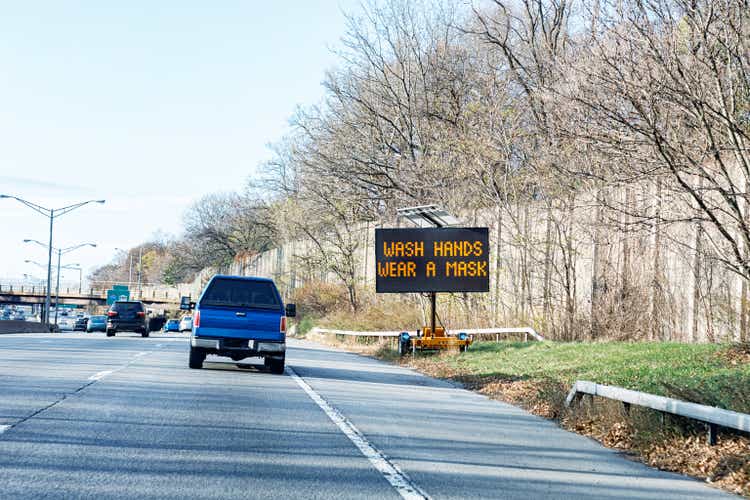CDC COVID data collection to decline once public health emergency ends

Willowpix/iStock via Getty Images
The CDC said that with the ending of the COVID-19 public health emergency on May 11, it will have less data available to track the spread of the disease.
"The end of the public health emergency means CDC will have less authority to collect certain types of public health data — that means less data will be available to us," CDC Principal Deputy Director Nirav Shah told reporters during a recent call.
However, the agency will still have access to COVID data through hospital admission data, a network of voluntary labs and sewage surveillance, NBC News reported.
The CDC will also stop using its color-coded COVID-19 Community Levels system to indicate spread in local areas.
Looking ahead, "our ability to detect and monitor disease threats should be better in the future than it has been in the past," Shah said. "And that ability to detect and monitor should be built into our baseline and not contingent upon emergency declarations."
The ending of the COVID public health emergency means that for the most part, COVID vaccines, treatments, and tests will no longer be free regardless of insurance status.
This could impact COVID vaccine makers including Moderna (NASDAQ:MRNA), Pfizer (NYSE:PFE), and BioNTech (BNTX), as well as treatment manufacturers including Merck (NYSE:MRK) and Gilead Sciences (NASDAQ:GILD).
Dear readers: We recognize that politics often intersects with the financial news of the day, so we invite you to click here to join the separate political discussion.
More on COVID public health emergency
WHO ends global public health emergency status for COVID-19
Roadmap on transitioning out of COVID-19 public health emergency imminent - CNN